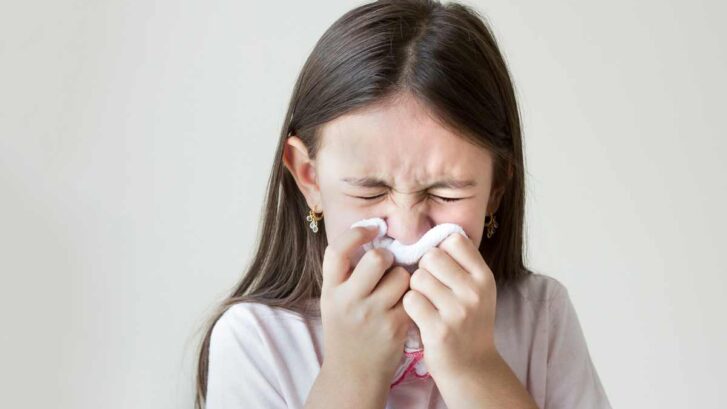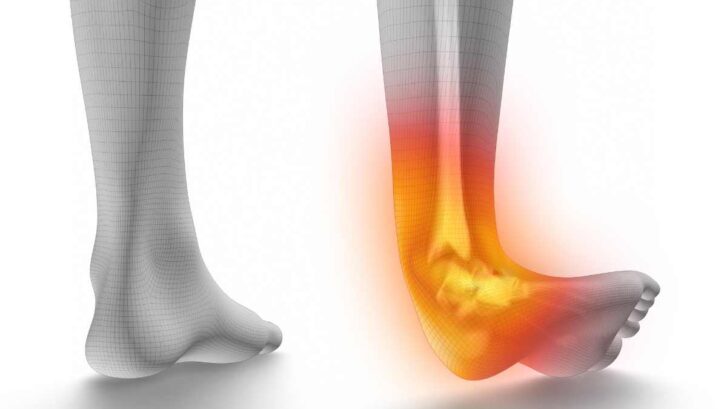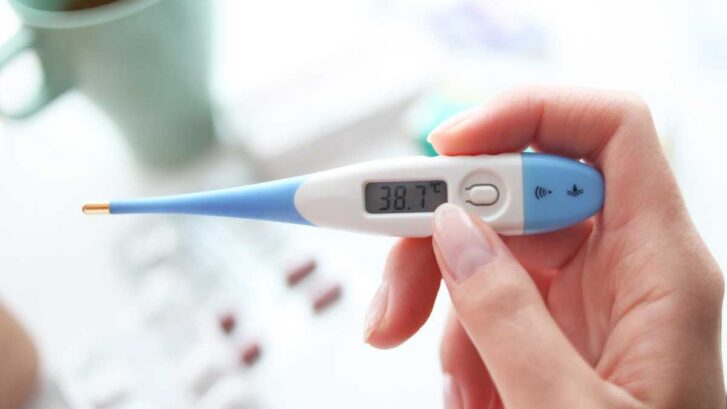5 Reasons You Need to Get Tested for STDs
Sexually transmitted diseases (STDs) are a global health concern that can have severe consequences if left untreated. Despite this, many people are still hesitant to get tested for STDs.
Some may feel embarrassed or scared, while others may not even realize they are at risk. However, protecting your health should always be a top priority. That’s why we’ve compiled this blog to discuss the importance of getting tested for STDs. From preventing the spread of infections to maintaining your overall well-being, here are five compelling reasons why getting tested for STDs is crucial.
So, let’s dive in and learn why this simple step can make a huge difference in your life.
Why is it important to know about STDs?
STDs are infections that are primarily spread through sexual contact. They affect millions of people worldwide and can have severe consequences for one’s health if left untreated. It is essential to know about STDs to protect yourself and your partner from these infections. By educating yourself, you can learn how to prevent the transmission of STDs and recognize the signs and symptoms.
Additionally, being knowledgeable about STDs can help reduce the stigma and promote open communication with sexual partners. Regular testing and early detection are crucial for effective treatment and can prevent long-term health complications. Don’t underestimate the importance of knowing about STDs and taking proactive steps towards sexual health.

Why people should get tested for STDs?
Getting tested for STDs may not be the most comfortable topic, but it is an important one. Not only can it protect your health and the health of your partner(s), but it can also give you peace of mind. STDs often show no symptoms, so getting tested regularly is the only way to know. Plus, many STDs are easily treatable if caught early.
Getting tested also helps to reduce the spread of STDs within our communities. It’s a responsible and proactive step towards taking care of your sexual health. Don’t hesitate to get tested – it’s a quick and confidential process that can make a big difference in your well-being.
When should you get tested for STDs?
Are you sexually active and wondering when you should get tested for STDs? The answer is simple – as soon as possible.
STDs can often go unnoticed, leading to serious health complications if left untreated. If you have multiple partners or engage in high-risk behaviors, getting tested at least once a year or more often is recommended. Symptoms are not always apparent, so don’t wait for them to appear before getting tested. If you believe you have been exposed to an STD or are experiencing unusual symptoms, get tested immediately. Regular STD testing is an essential part of taking care of your sexual health.
UrgentcareMD has the best primary care physician in Baytown area.
Top 5 reasons to get tested for STD

We listed below the top 5 reasons why people should get tested for STDs:
- Protecting your health
The most crucial reason to get tested for STDs is to protect your health. Many STDs, such as Chlamydia, Gonorrhea, and Syphilis, can have severe consequences if left untreated. These diseases can cause long-term damage to your reproductive system, which can lead to infertility, chronic pain, and even certain types of cancer. Getting tested regularly can help detect these infections early on, making treatment more effective and preventing long-term health complications.
- Peace of mind
One of the significant anxieties surrounding STDs is not knowing whether or not you have one. This uncertainty can lead to a considerable amount of stress and worry. By getting tested, you can have peace of mind and eliminate any doubts or fears you may have about your sexual health. Additionally, if you do test positive for an STD, knowing your status can help you take control of your health and prevent further transmission to sexual partners.
- Protecting your partner
Being sexually active comes with a responsibility to not only take care of your health but also your partner’s. If you have an STD and are unaware of it, you can unknowingly pass it on to your partner, putting their health at risk. By getting tested, you are taking a proactive step in protecting your sexual partners from potential harm and showing that you care about their well-being.
- Reducing stigma
The stigma surrounding STDs is unfortunately still prevalent in society. This stigma can make it challenging for people to discuss and address their sexual health openly. However, by taking control of your sexual health and getting tested, you are helping to reduce this stigma. Normalizing conversations about STD testing can help break down barriers and encourage others to prioritize their sexual health.
- Accessing treatment
The good news is that most STDs are treatable with early detection. By getting tested regularly, you can increase your chances of catching an infection early and seeking prompt treatment. This treatment can help minimize the symptoms and prevent any long-term health consequences. Some STDs, such as HIV, also have access to effective treatment options that can improve one’s quality of life and increase lifespan.
STD testing may not be the most comfortable topic, but it is crucial to care for your health. By getting tested regularly, you can protect yourself and your partner, reduce stigma, and access treatment if needed. Remember, the earlier you detect an STD, the more influential the therapy can be.
Put your health first. Consult Urgent Care MDs!
Don’t put your sexual health on the back burner any longer! Get tested for STDs at UrgencareMDs and take control of your well-being today. There’s no reason to delay with expert physicians, quick and confidential testing, and affordable options. Don’t wait until it’s too late – schedule your STD Testing in Baytown and Crosby now and prioritize your health.
If you’re searching online for an “urgent care near me”, trust UrgencareMDs to provide the best care and take the first step towards a healthier you. Book your appointment now and rest easy knowing you’ve made a smart choice for your sexual health. Visit one of our locations near you:
Don’t let any awkwardness or stigma stop you from prioritizing your sexual health. Get tested today and take control of your well-being!

***
The material on this site is for informational purposes only and DOES NOT CONSTITUTE THE PROVIDING OF MEDICAL ADVICE, and is not intended to be a substitute for independent professional medical judgment, advice, diagnosis, or treatment. Always seek the advice of your physician or other qualified healthcare provider with any questions or concerns you may have regarding your health.

































